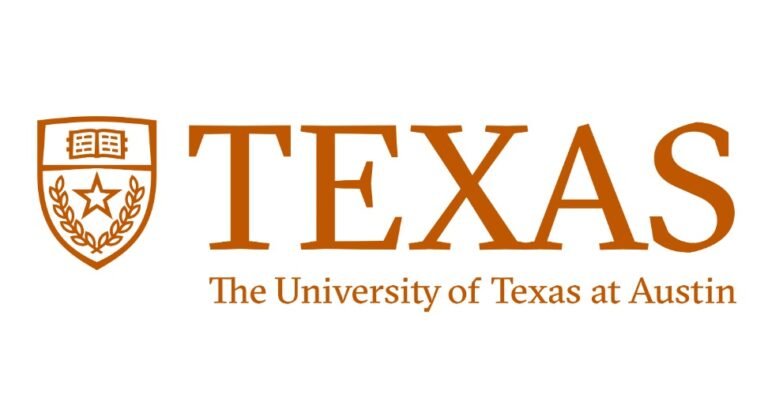The Department of Epidemiology at the Harvard T.H. Chan School of Public Health studies the frequency, distribution, and determinants of disease in humans, a fundamental science of public health. In addition to pursuing ground-breaking global research initiatives, we educate and prepare future medical leaders and practitioners as part of our mission to ignite positive changes in the quality of health across the world.
The fellow will work closely with Dr. Price, other quantitative Ph.D’s in his group, and collaborators at HSPH, HMS and The Broad Institute. The questions Dr. Price and collaborators aim to answer include:
(1) What is the contribution of different functional classes of genetic variation to the heritability of quantitative and case-control traits, and how does this inform disease association and polygenic prediction methods;
(2) How do common and rare variants contribute to the architecture of complex traits, accounting for the impact of negative selection, and how does this inform strategies for disease mapping and polygenic prediction using whole-genome sequencing data; and
(3) Which statistical approaches provide maximum power to identify disease genes and predict disease risk in diverse populations.
The fellow will be expected to conduct research on a range of topics in medical and population genetics, including the independent research interests that he or she will develop. It is expected that the fellow’s research will include work on genetic architectures of complex traits, a major focus of our group.
Due to the funding source supporting the position, applicants must be U.S. citizens or permanent residents. We are unable to offer visa sponsorship or consider applications from individuals outside the U.S.
For more information on Dr. Alkes Price and his research group, please visit this website.
Education Requirements
A doctoral degree in statistics, data science, biostatistics, epidemiology, or a related field
Experience Requirements
Strong quantitative research background
Practical experience working with large real-world genetic data sets, developing new methods, and producing high-quality published work.









